Building a new calendar
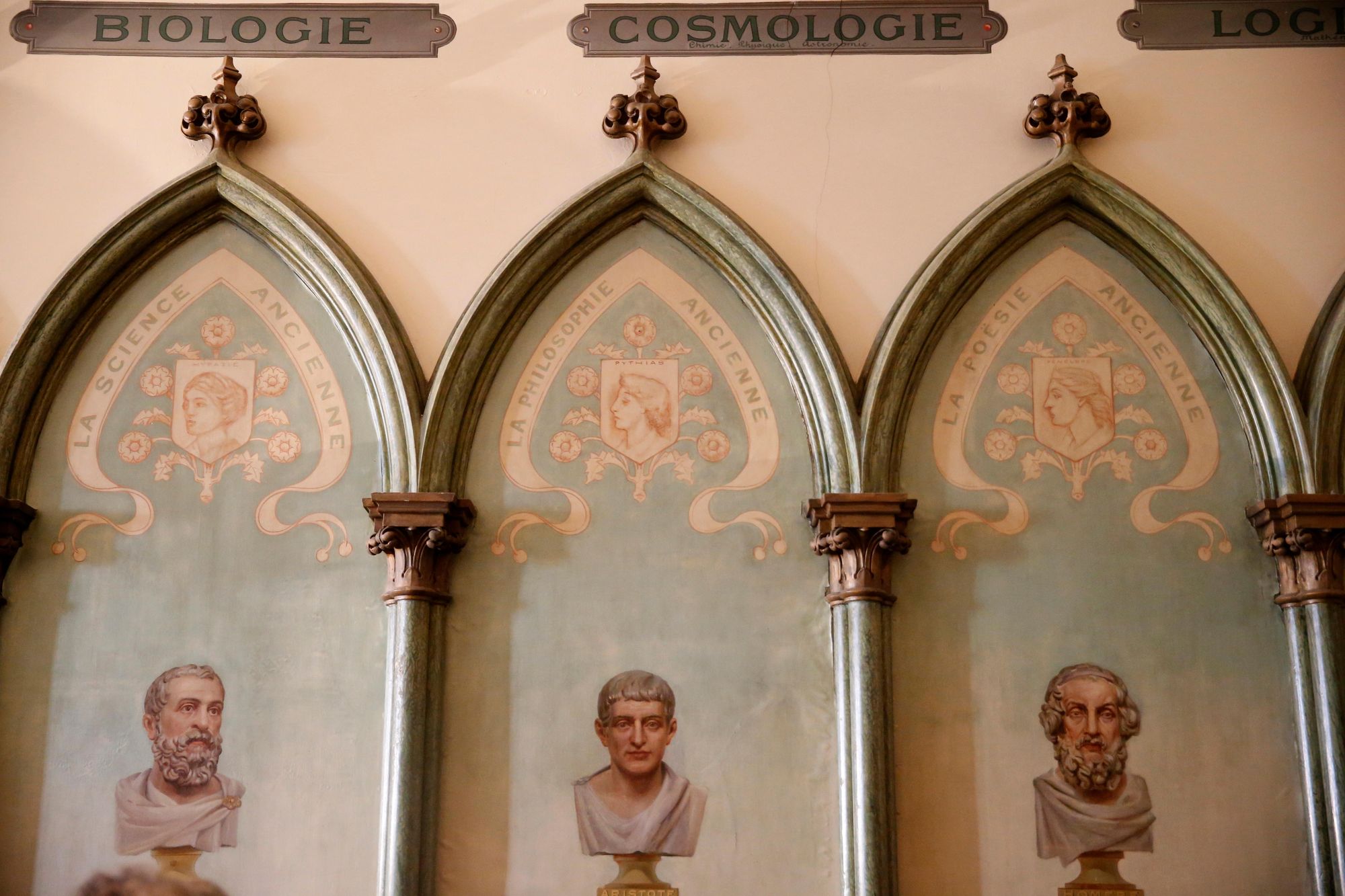
The way we structure time, our calendar, feels obvious. Monday is Monday, January is January, and Christmas is Christmas. But this is actually very deceiving, and calendars have varied wildly across centuries. The history of calendars is a really interesting one, and is intertwined with political and religious history.
If you want to dig deeper into the history and the evolution of calendars, I have written a full post about it here:
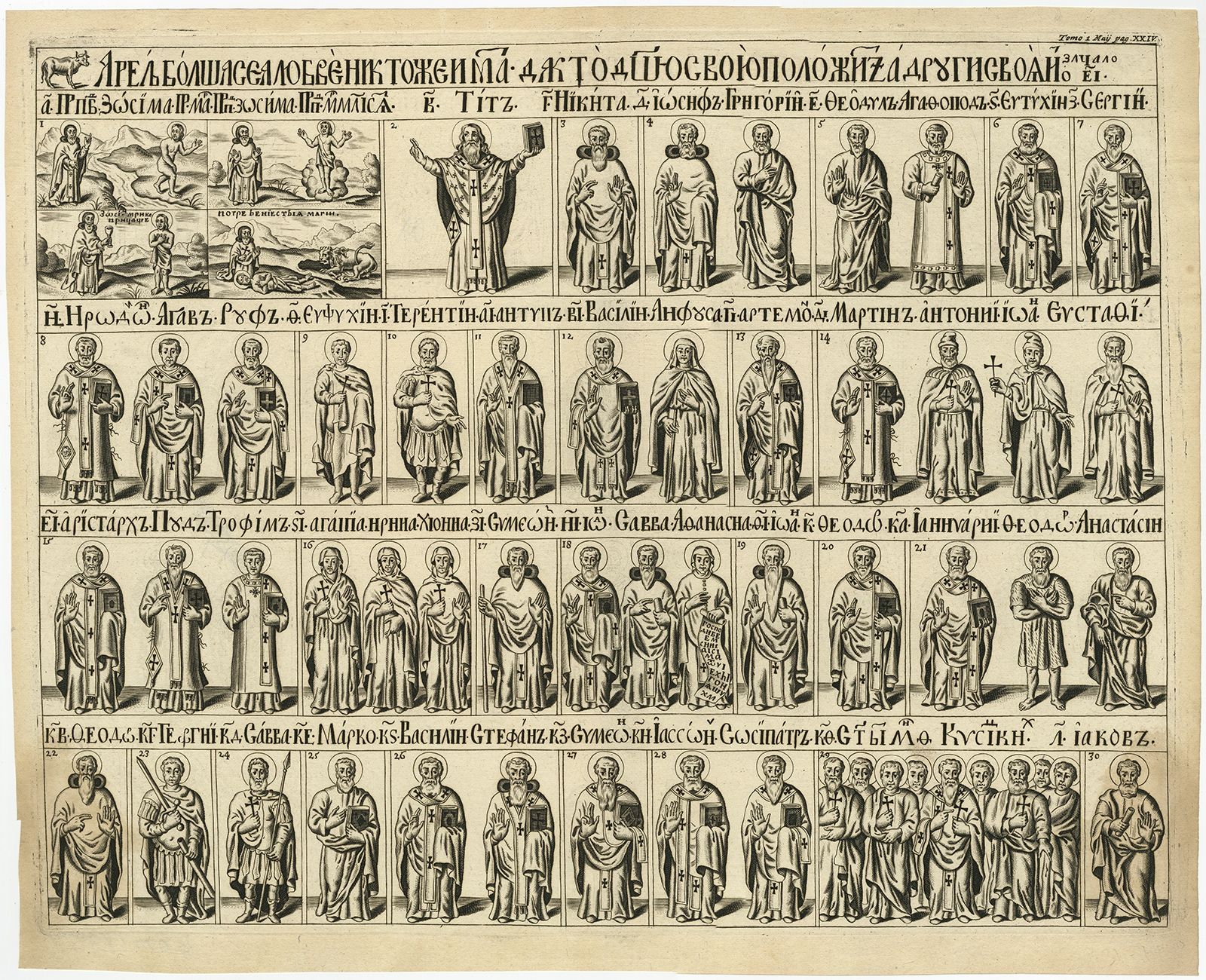
In this post I want to focus on the idea of updating the calendar to match our modern values and create more cohesion.
Nowadays most of the world is using the Gregorian calendar, which is a great way to divide time. But the meaning attached to each day and the holidays celebrated are mostly outdated. Several calendars have tried to create cohesion in society by updating the meaning of holidays, to reflect a more secular society, and today we can try to improve those experiments to create a brand-new calendar for the modern world.
Calendar experiments
French Republican calendar
After the French Revolution, there was a will to destroy every single trace of the previous regime. Christianity was associated with the King, so all christian influence was to be removed.
Understanding its power, the revolutionaries decided to reinvent the calendar, "restart the history of men" as Mirabeau said. There were fierce debates, but finally the "French republican calendar" was adopted.
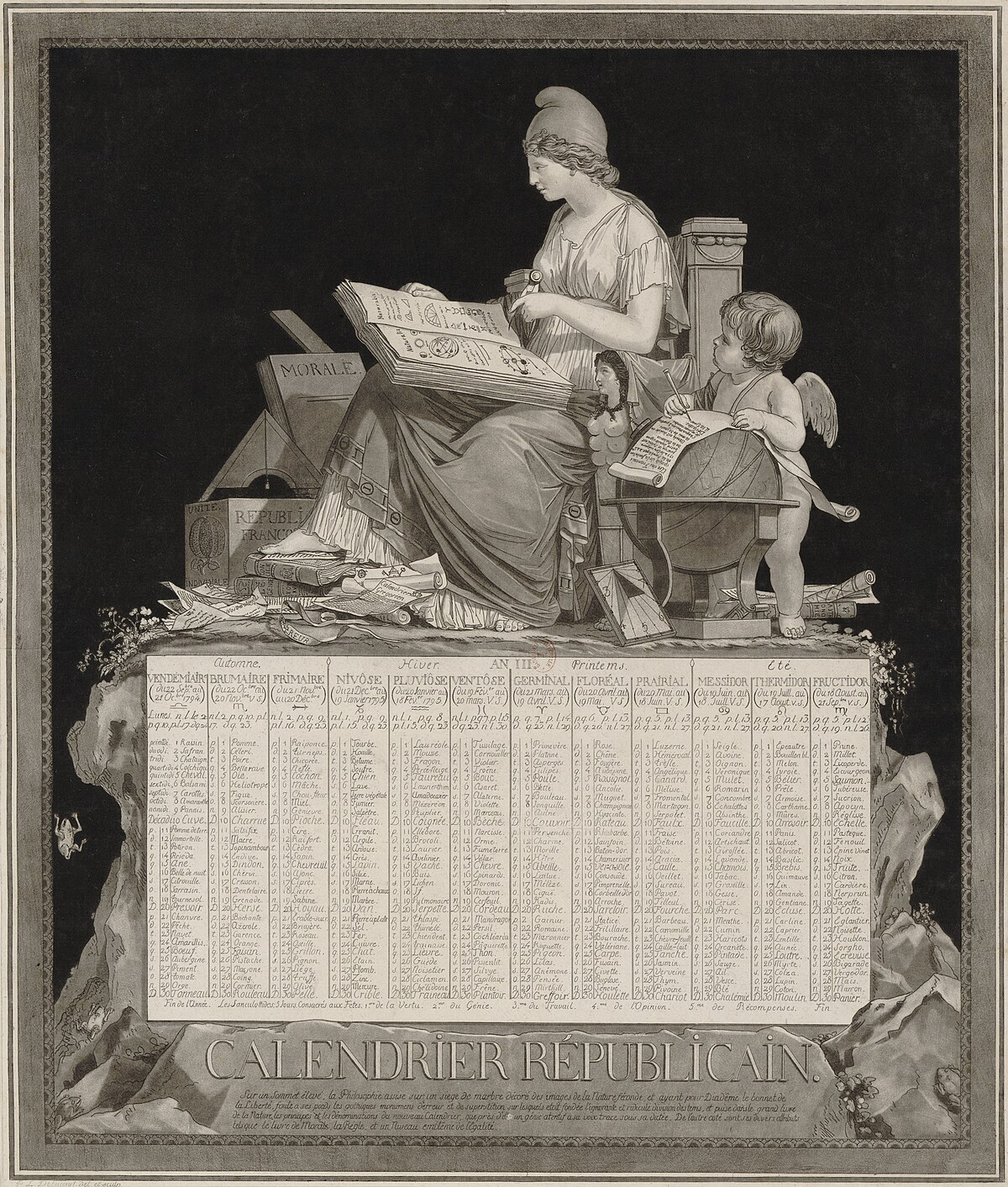
Year 1 was 1789, the year of the Revolution.
The week became a "décade", a 10-days period. The name of the days were related to their position in the décade: "Primidi" was the first, "Duodi" the second, "Tridi" the third etc...
Sunday, the last day of the week, was the only day of rest at the time. The Republican calendar kept the idea of weekend, and "Décadi" the last day of the décade, remained the only day of rest. The people went from one day of rest every 7 days to one day of rest every 10 days. This wasn't very popular but hey, they were restarting history.
Each month had 3 décades, and their names reflected the period of the year. "Floréal" (20 April - 21 May) was the month of flowers, "Fructidor" (19 August - 17 September) the month of fruits.
More significantly, each day, instead of having a catholic saint attached to it, was dedicated to a tool, an animal, a flower or a fruit that was vaguely related to the moment of the year. 5 Brumaire (26th of October) was the goose, 7 Brumaire was the fig, and 10 Brumaire (31st of October) was the plow. You can read the full list here.
Today is tridi 13 Thermidor in the year of the Republic CCXXX, celebrating the apricot. pic.twitter.com/SekoFKYbLS
— Republican Calendar (@sansculotides) July 31, 2022
Ultimately the Republican calendar failed, because of missing weekends and the general attachment of the population to christianity. France went back to the Gregorian calendar in 1806, at the beginning of the First Empire.
A failed calendar: the positivist calendar
August Comte was a philosopher born in 1798 (30 nivôse an VI to be precise), best known to be the inventor of sociology. During his lifetime, he developed an entire philosophical system called positivism, based on the idea that there is no need to search for the intrinsic meaning of things, and that society and human nature can be explained through scientific laws and reasoning.
Positivism became at some point a full-fledged religion, the "Religion of Humanity". Like every good religion, the Positivist church had its own calendar. It was suppose to embody the principles of positivism, and create cohesion in the new society envisioned by Comte.
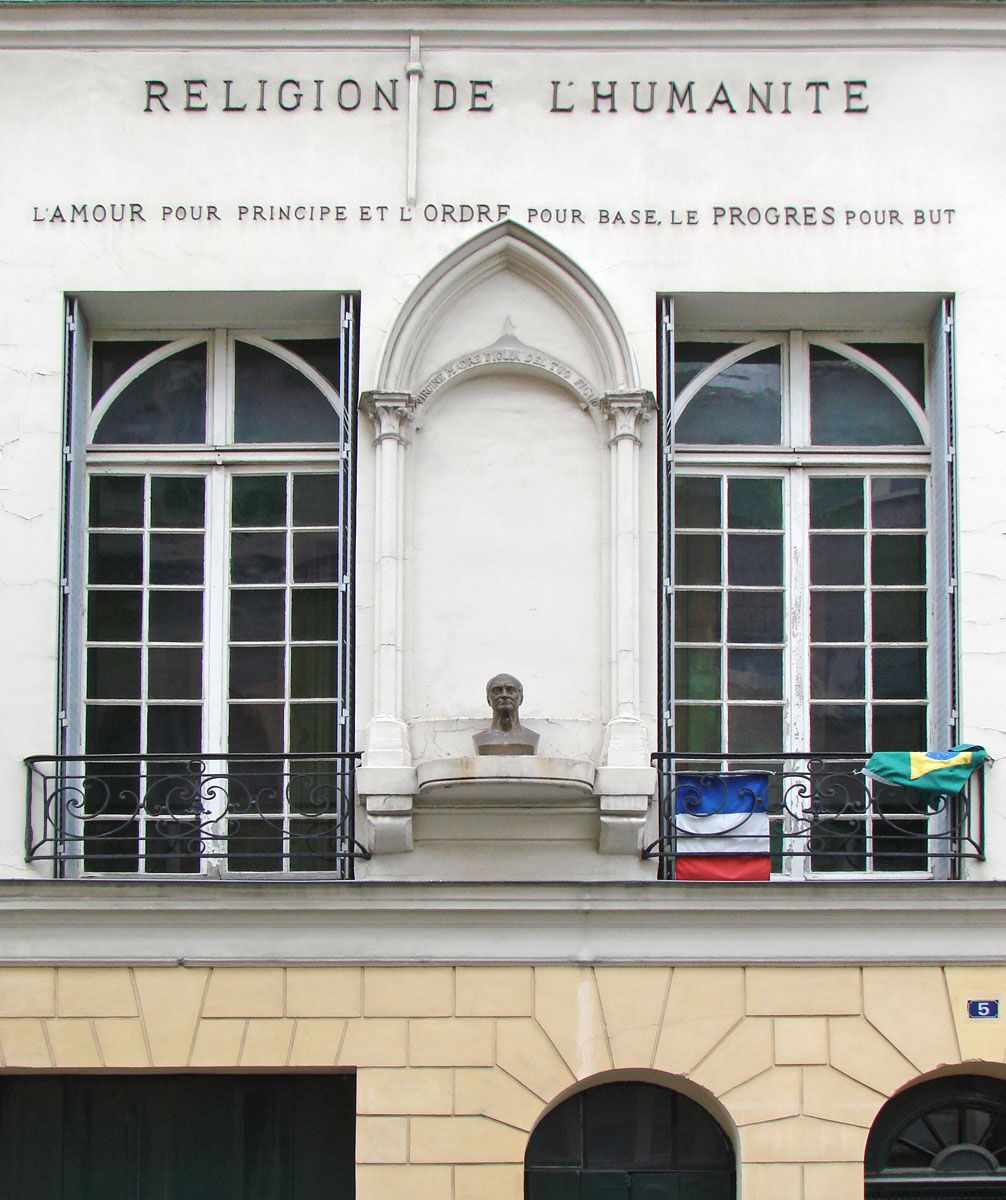
Comte defined 13 months of 28 days, with each month being dedicated to a specific period of human history, and associated with a great historical or mythical figure that symbolized the period. Each day was dedicated to a minor character from the same period. The year was supposed to mirror the entire human history, going from the "primary theocracy" to "modern science".
For example, the first month is dedicated to the "primary theocracy", with Moses as the main figure, the seventh month to "feudal civilisation", embodied by Charlemagne, and the last month to "modern science", with Bichat, father of modern histology and Napoleon's doctor, as its symbol.
During the eighth month (modern epic stories - Dante), the first day is dedicated to "troubadours" (medieval travelling musicians) as a whole, the third day to Cervantes, and the eighth to Leonardo Da Vinci.
The positivist calendar was never really implemented, but the Positivist religion had some influence, especially in South America. Its motto, "Order and Progress" or "Ordem e progresso" in Portuguese, is written on the brazilian flag, and Brazil still has an active Positivist Church.
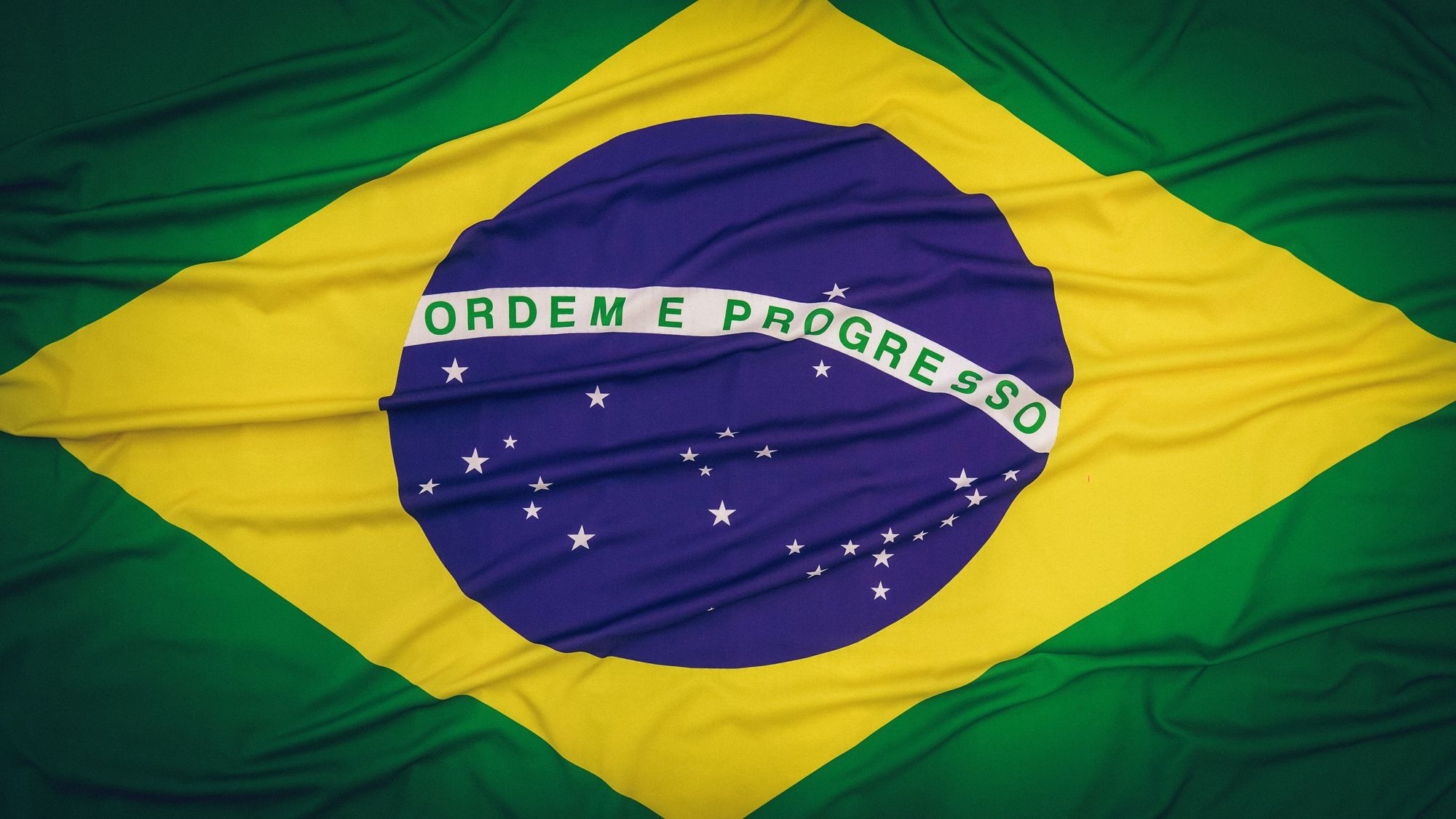
Holidays and everyday, the meaning of days
In each calendar, there are two layers: the way time is divided (week, month, year), and the signification attached to each day, week or month.
The examples of the Republican Calendar and of the Positivist calendar are interesting. Not only did they change the way weeks and months were structured, they also changed the very meaning of each day. Instead of celebrating a christian saint, the French Revolutionaries decided to honour real-life objects, flowers, fruits and tools. Comte decided to honour historical figures.
Holidays, or more generally special days in the calendar, reflects what is deemed important by the society implementing the calendar. The same way we erect statues in public parks or name streets to honour important figures, we use holidays to celebrate important events, and outline what we have in common. Holidays are a way of decorating time. They are extremely important for the cohesion of a society, and reflect what is valued and passed on to future generations.
Laicité and christian holidays
In France we have a strict version of secularism, and it might come as a surprise that France still celebrates religious holidays, especially when very few people actually know their significance. The historical meaning is unknown, but our christian heritage and force of habit makes it so that every french person knows that there is a Thursday in June with no work.
A fun example is a semi-holiday that we have in France, "La Pentecôte" (Pentecost or Whitsun). It is a christian holiday celebrating the descent of the Holy Spirit on the Apostles. Tongues of fire appeared, and when the Apostles spoke they were understood by everyone in their native tongue, symbolizing the fact that they were ready to spread the gospel all over the world.
Nowadays very few people know what La Pentecôte is about. It used to be an authentic holiday, but in 2004, the french government decided that it would be a normal working day, but without salary: all the money made that day was going to finance the retirement system. This being France, some people complied and others did not.
So today we have this strange semi-holiday, where most public administrations are closed, some people work normally without being paid, some people take a day off because that is what they have always done, and a few thousand people actually celebrate the Holy Spirit.
A new calendar for the modern world
A missed opportunity
I don't think France's case is isolated. In most of Europe, christian holidays have lost their collective meaning in our secular societies. There is a discrepancy between what is valued today in our societies, our recent history, and what we celebrate in our holidays. It may have deep significance for certain individuals, but collectively holidays do not reflect our values, and what we want to pass on to the next generations.
Without denying our christian heritage, an interesting idea would be to use the ideas behind the Revolutionary calendar and the positivist calendar, adapted to the modern world. Instead of celebrating religious events, which were historically understood by a majority and useful to create cohesion but have lost their power, let's use real-world achievements and recent events that impact our daily lives, and that we can all recognize and celebrate.
Let's update holidays, hell, update everyday to make them more coherent with our modern values !
This can be useful in several ways:
- Reconnect people with recent history, and how contemporary events shape the society we live in today
- Help everyone recognize and appreciate the role of science, art and culture in our modern life
- Create more cohesion by celebrating actual collective achievements, instead of religious or mythical events that necessarily leave people excluded
- Build holidays shared around the world, with international celebrations, similar to global sports events
Create a neo-positivist calendar
Here is a proposal: we keep the Gregorian calendar, which is really convenient, but we change the meaning of the days.

For each day, we can celebrate an invention, a work of art or a building, and the person who brought it to the world. It can also be a collective achievement or an abstract notion, anything really that can create joy and attachment.
Here are a few ideas, based on Christian Holidays:
- First Sunday after the first full moon on or after the 21st of March (aka "Easter"): Printing press, Johannes Gutenberg, celebrating literature
- 40 days after Printing Press Day (aka "Ascension"): Railway, Richard Trevithick, celebrating train and mobility
- 50 days after Printing Press Day (aka "Pentecost"): Transistor, Computers, Ada Lovelace, celebrating computers and the Internet
- 15th of August: Plane, Spaceship, Wright Brothers, celebrating space and aeronautics
- 1st of November: Vaccines, Louis Pasteur and Edward Jenner, celebrating health and medecine
- 25th of December: Lightbulb, Thomas Edisson and Nicolas Tesla, celebrating electricity and light


